July 15, 2023 marked my ten-year anniversary at Thoughtworks. I was asked to reflect on my experience and share what I have learned during my time here. Looking back on my journey, I can’t believe it’s been ten years — it feels like it’s just a couple of years since I first started in Thoughtworks Sydney. I was fairly new to Australia, living in Adelaide and I moved halfway across the country for my new job. Over the past decade, I have worked with 14+ clients, averaging seven months per client, across numerous domains including travel, financial services, retail and the tech sector. I have traveled and worked in seven different cities across five countries.
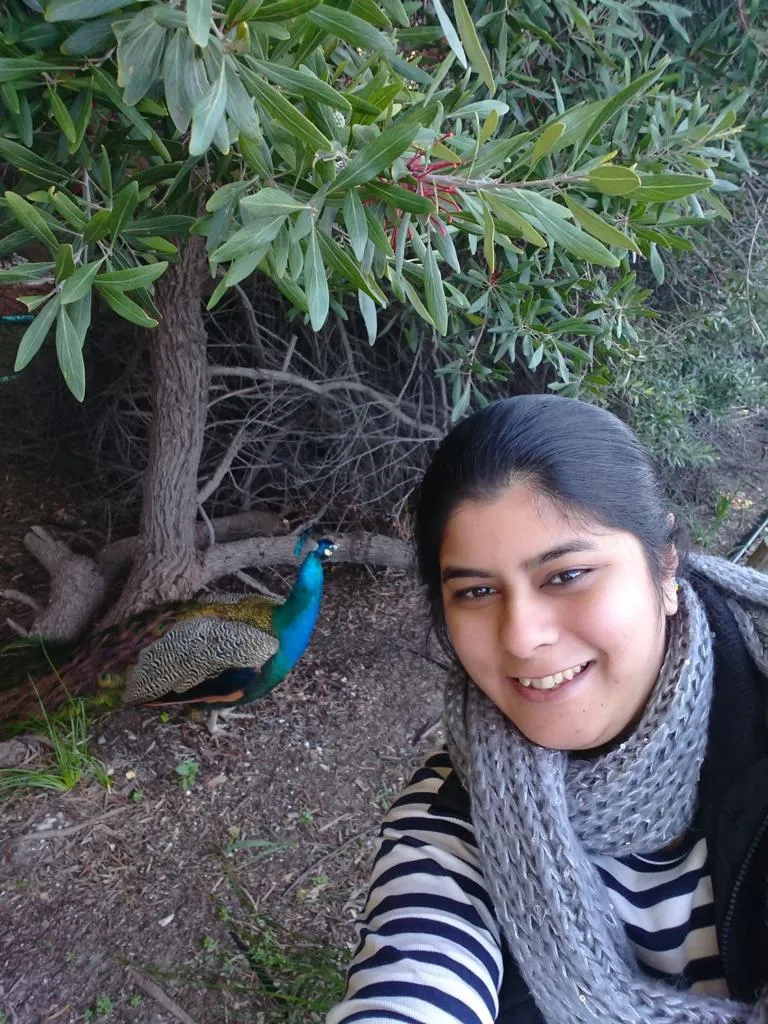
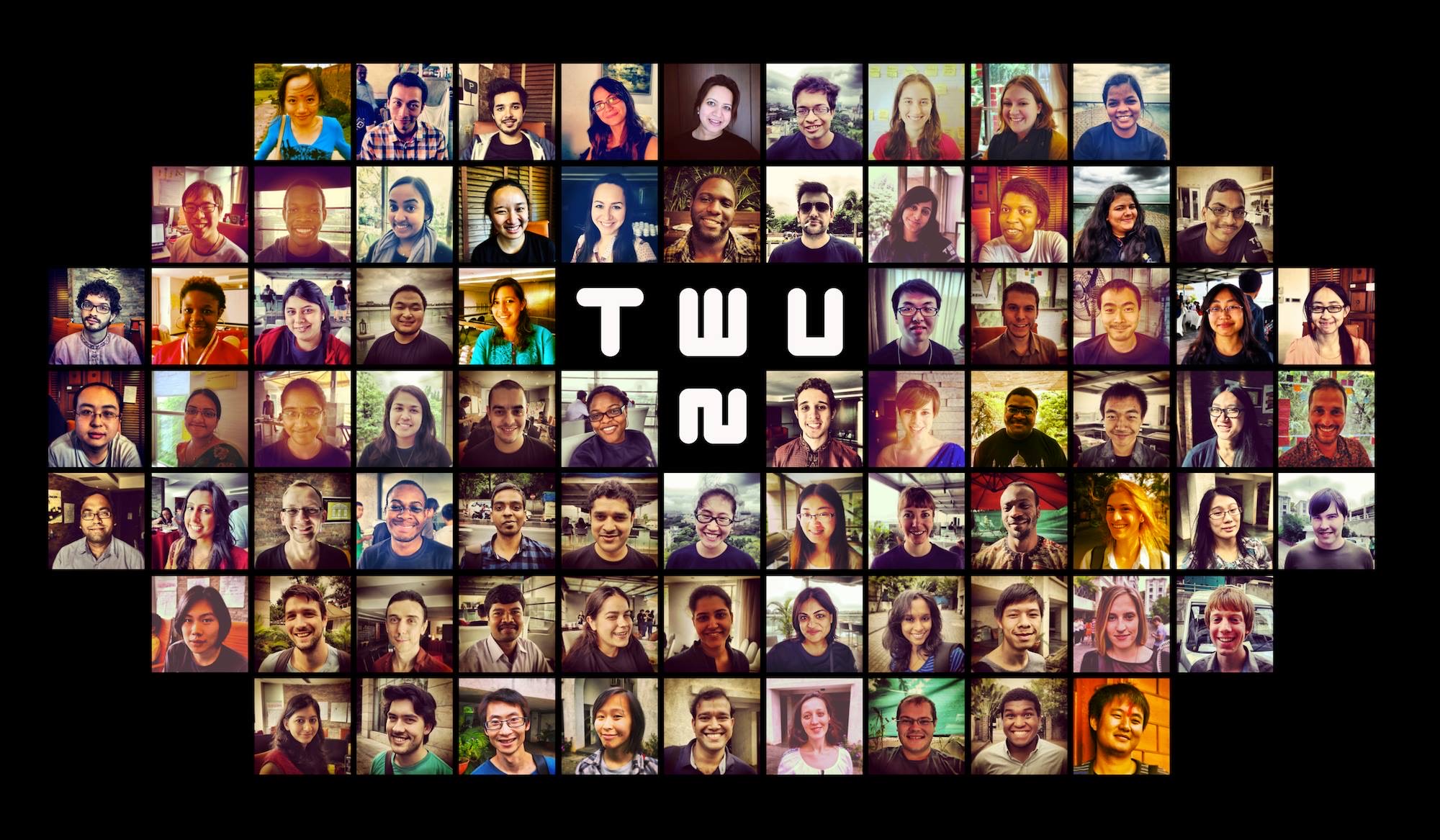
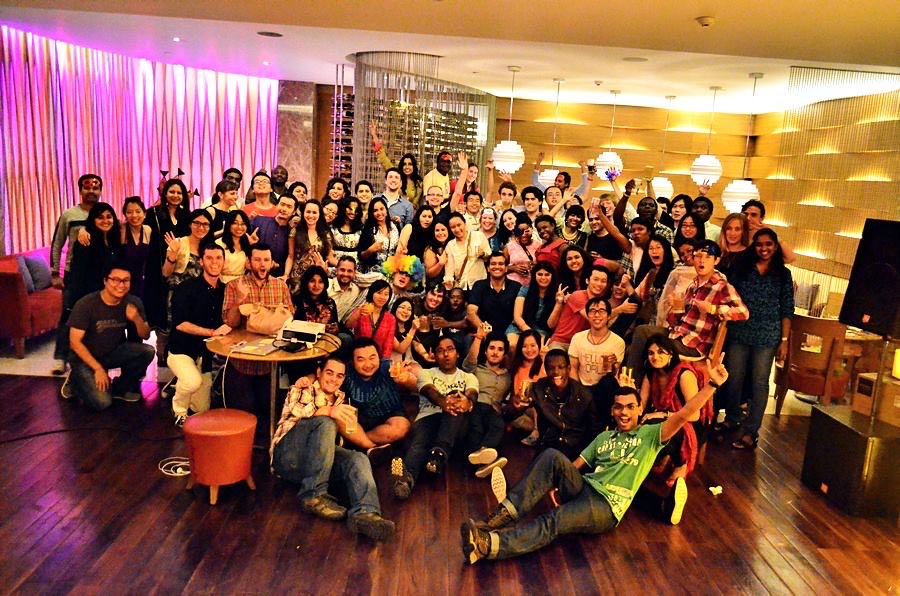
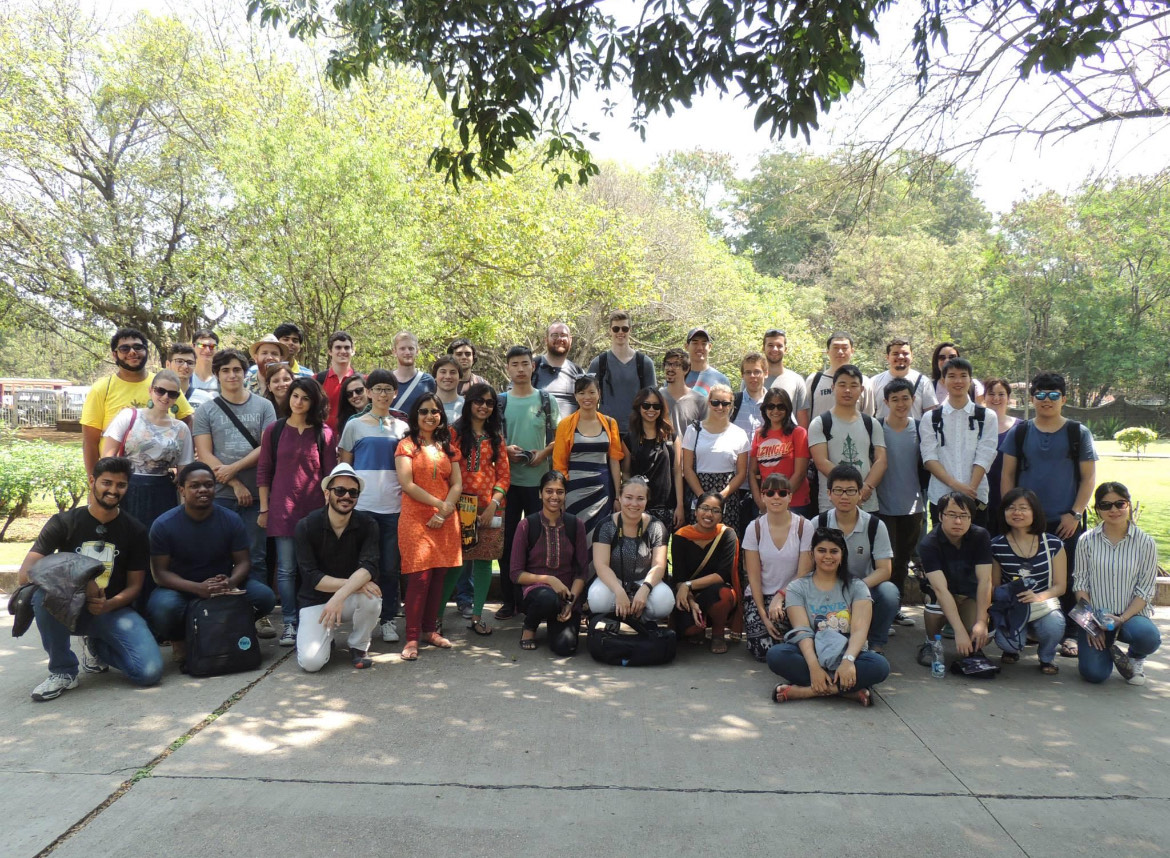
These ten years have been a period of high growth and learnings; and here are some of my most valuable learnings.
Keep your client first
It’s important to recognize and give time to build client relationships, listen to them and truly understand their challenges and problems. As we are a service-based business, success is associated with how best we understand our clients' problems and respond. It’s key to get this balance right. Ask yourself these questions:
What’s important for the client?
What is sustainable for Thoughtworks?
What works for the team?
Practical tip: I color code important client meetings in my calendar so I don’t miss them amongst other meetings. This tip has also helped me categorize meetings when I am working across multiple streams and stakeholders.
Say ‘yes’ to opportunities
There were so many times I was offered a role, and my instant reflection would be internally: Am I a fit for this role? Can I do this? Is this going to be the right career choice? Regardless of all this introspection, I would often go with the flow. I am so glad I did. There have been countless learnings both on what good looks like and what’s not ideal. Had I not taken up the opportunities I would have probably missed some of these learnings.
Ignore the titles
As I took the opportunities I was offered, I got exposed to a variety of things which has helped me build resilience and get comfortable with my craft. I have performed several different roles and transitioned between being a Business Analyst, Product Manager, Project Manager and Program Manager. All these roles are now just titles for me, I have built the muscle and process to bring order to chaos.Continue to trust the process and ask questions to better understand the problem at hand.
Practical tip: Understand the ask from your role and your responsibilities in context of the gig vs. the role description of the title.
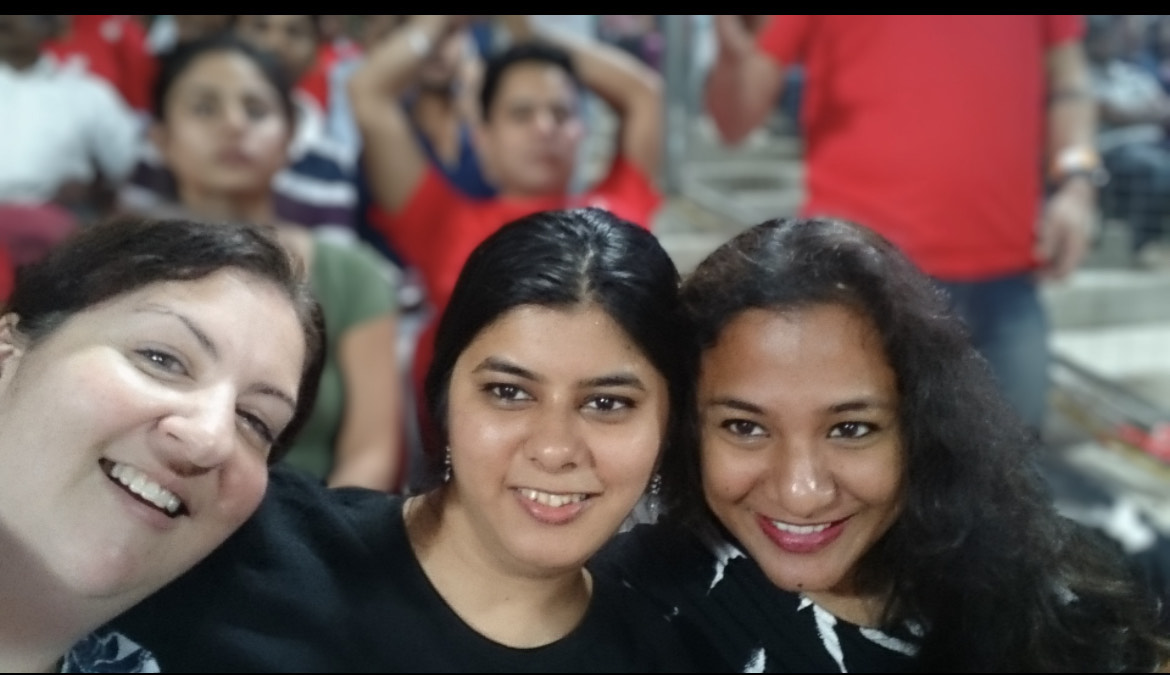

Self care
This was something I wished I had realized earlier in my career. I was new to Australia and I wanted to always give more than 100%, take on every challenge and give it my best. It is also important to do things that matter to you personally.. Whether it’s joining a gym, doing yoga or pilates or going on a holiday, do what it takes to help you re-energize yourself and focus better.
Practical tip: Every time I start a new client or a project I order a meal service for a couple of weeks to keep the balance right at home and work so I don’t have a hungry child at the end of the day, while I am navigating new clients and projects which might require me to put in an extra hour or two during the day.
Feedback
We all recognize feedback is important and we should constantly seek feedback from our colleagues and peers. Having said that, we are either hesitant, awkward about it or sometimes miss making time for it. There have been times when the feedback I have received is completely off, hard to hear and it has just made me feel, “this surely is not right.” However, hearing some of that feedback helped me understand the perception I have given unintentionally. Thus, working through that has helped me understand how I could do things differently in the future.
Practical tip: Make sure you have collected feedback from at least one to two people every month. The more often you ask for feedback, the more comfortable you will become with asking for and receiving feedback.
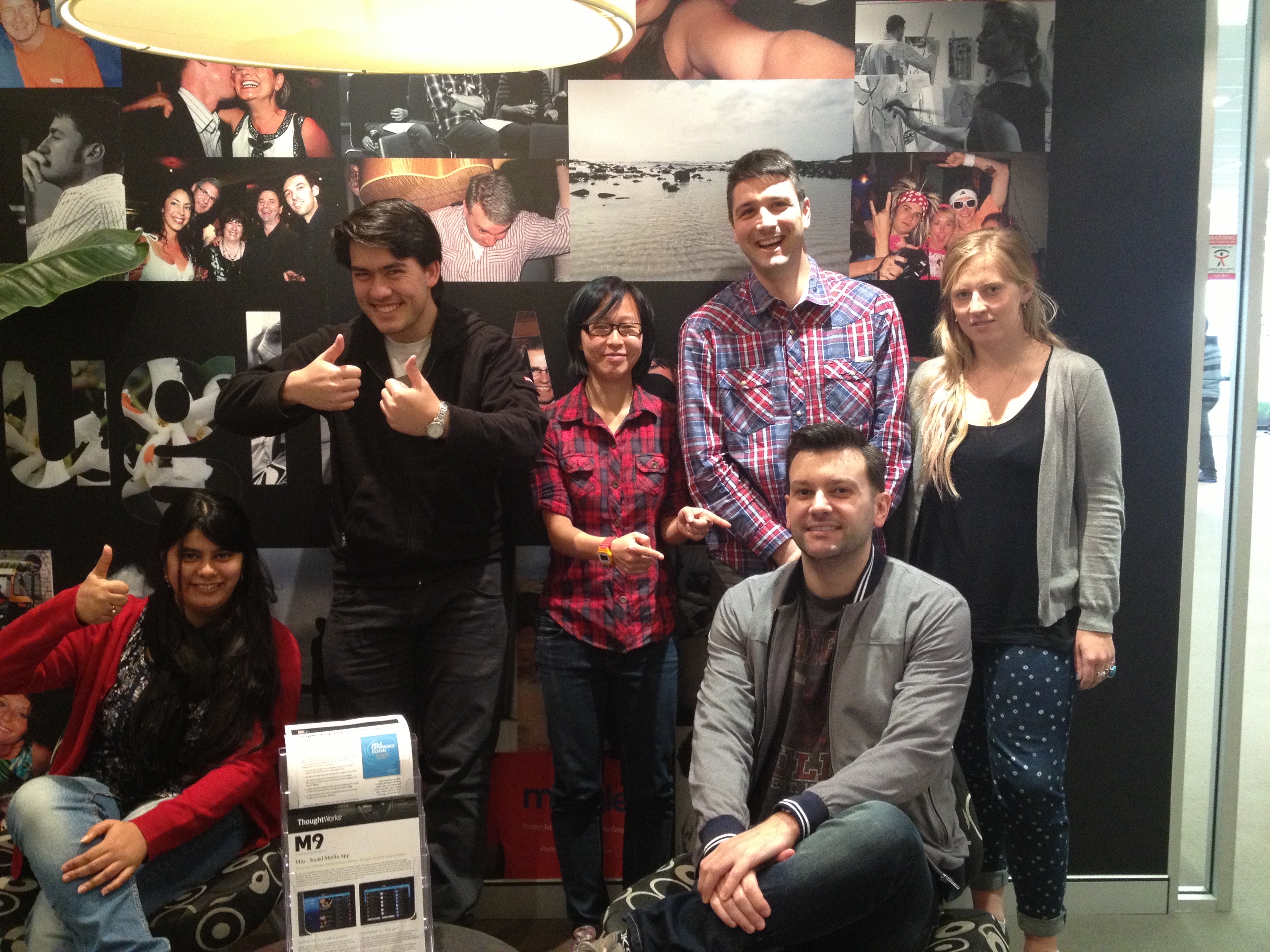

Self-reflection
Along with feedback from your peers and colleagues, it’s important to do self-reflection. What has got you here will not always get you there! Every time you have that ‘aha’ moment, take time to pause, reflect and understand what just happened. This will help you grow in your craft and respond better when you find yourself in a similar situation again!
Practical tip: Have a document to keep track of your feedback and reflections. This has helped me stay true to feedback I’ve received and at times, build my confidence too.
Resilience
It’s important to recognize the IT industry has come a long way in terms of gender equality and racism. Having said that, it does exist in pockets. There have been several times when I found that I’m the only woman in the meeting room. Being a woman of color I have had my fair share of such experience with this and the important thing is to learn to move past it. The first step is to acknowledge it and the next is to figure out what you can do about it. The key question: Is it in your control where you can do something? Often it’s about educating the people around you.
Practical tip : There are several ways to educate people around you. For me what has worked is to focus on the problem at hand instead of personal comments. Thus, being objective in the situation has helped bring out the best in me. There are other things to consider as well. You could escalate the situation or confide in a friend and seek additional support.
Find a mentor
Thoughtworks is a pretty flat structure as we don’t have day-to-day line managers. This has its own advantages and disadvantages. This is less about having one go-to person and instead having a set of people in your work life that you can rely on. Every time you find yourself in an undesirable situation, have an outlet apart from your family to talk things out loud. Every time you have a crazy idea, having people you trust around you to rubber duck your ideas is helpful.
Practical tip: Take time to make friends at work who can be your trusted council over the years. I have monthly dinners and cocktails with my trusted council. It’s all about finding something in common to connect with your colleagues while building relationships. These friends like colleagues who will be by your side during the times in need.
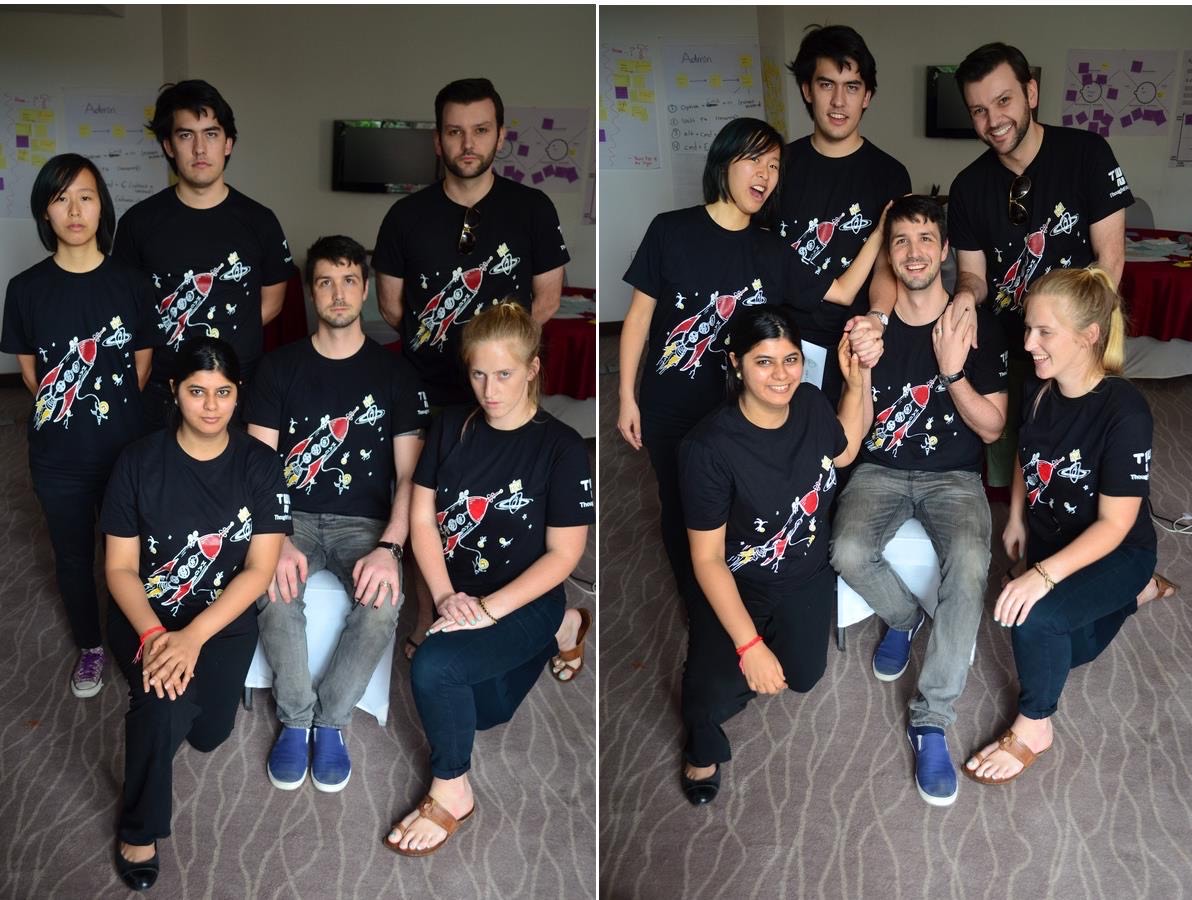

Believe in yourself
Consulting can be a rollercoaster ride. Some days you may find out on a Friday evening that you need to be at a client in Brisbane or New Zealand on Monday and off you go. You find yourself almost starting on a new job every couple of months. New clients, new people, new context, new domains, new operating models and you have to hit the ground running. I must admit, even after ten years, when I am starting on a new gig I have anxiety about how this is going to turn out. Very quickly in a couple of weeks, you have figured things out because you have established a system. That initial couple of weeks is the key and it’s important to be comfortable with the unknown and believe in yourself and trust the process you have established. As someone shared with me, it’s like riding a bicycle — you fumble a little, then balance and off you go.
Practical tip: I make a list of unknowns and keep reviewing them weekly, until I feel I have got comfortable with navigating the client environment. I have also found sometimes, it’s okay to not know or resolve some unknowns as they actually were not important. This definitely saves time going down a rabbit hole.
Sustainable pace
This has been my very recent learning. I have done the long hours and taken the long flights. Over a period of years I have realized that to have a successful outcome both for the client and yourself it’s important to set up things in a way that is sustainable. Every time I look at the shape of the team or the project I am joining I assess how this team will perform if someone has to take unplanned extended leave. Having the capacity to run a sustainable team gives you predictable outcomes in the long run.
Practical tip: I often book a couple of hours of focus time in my calendar to make sure I am giving myself breathing space to plan through my week and think about my strategy and approach.
Finally, I am looking forward to what the future holds. Looking back, I am proud of my journey in this country I now call home. As I reflect, I feel this is just the beginning of a new adventure where I am confident in my skin and curious to see where this takes me.
Disclaimer: The statements and opinions expressed in this article are those of the author(s) and do not necessarily reflect the positions of Thoughtworks.


















